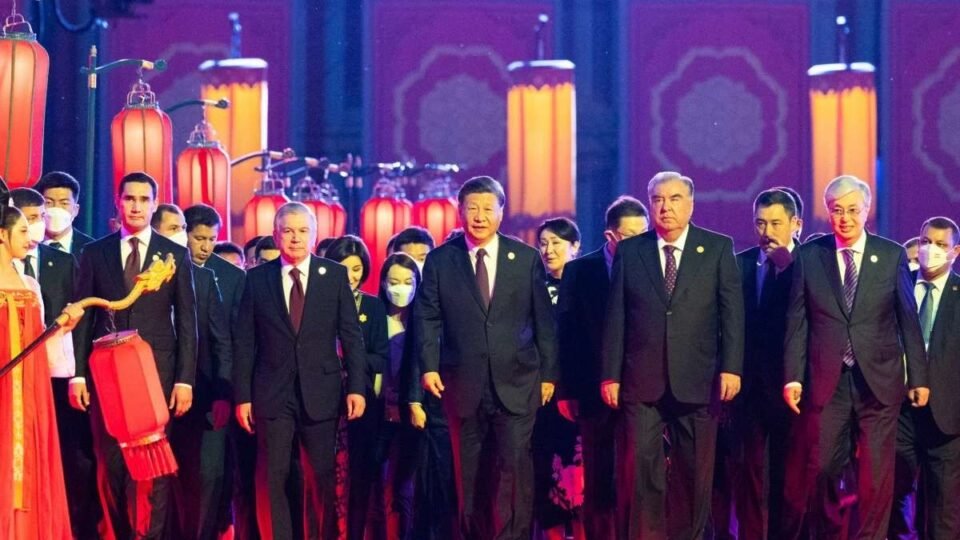As dawn breaks over the vast, rugged landscapes of Central Asia, a new geopolitical narrative is quietly unfolding, one that could redefine power dynamics in the heart of Eurasia. At the center of this narrative is China, a nation extending its tendrils through the Shanghai Cooperation Organisation and the ambitious Belt and Road Initiative (BRI). A recent 106-page report by the Centre for Uyghur Studies (CUS) casts a revealing light on China’s strategic maneuvers in the region, highlighting a complex web of infrastructure projects, bilateral trade, and security cooperation aimed at deepening its presence.
A Strategic Foothold Through Infrastructure and Alliances
China’s engagement with Central Asia is not a happenstance but a meticulously planned endeavor to secure a strategic foothold in a region historically dominated by Russian influence. The BRI, China’s crown jewel in its foreign policy, is more than an infrastructure project; it’s a comprehensive strategy encompassing economic, political, and security dimensions. The CUS report meticulously details how China uses these projects to not only bolster its economic presence but also to weave a narrative of cooperation and mutual benefit. However, beneath the surface of this narrative, concerns simmer about potential debt traps and the ethical implications of such aggressive expansion.
Supporting Authoritarian Regimes: A Double-Edged Sword
One of the more contentious aspects of China’s strategy in Central Asia is its unwavering support for authoritarian regimes in the region. This approach, while enhancing China’s influence and control, raises significant concerns regarding regional governance and political stability. The principle of non-interference in internal affairs, a hallmark of Chinese foreign policy, is critically examined in the context of the ongoing genocide of Uyghur and Turkic Muslims in East Turkistan. The report argues that this principle serves as a facade for China’s global support of authoritarianism, enabling it to pursue its strategic interests unencumbered by ethical considerations.
The Ripple Effects of China’s Expansion
The implications of China’s deepening footprint in Central Asia extend far beyond the region’s borders. There’s a palpable tension between the desire for economic development and the fear of becoming overly dependent on a single, powerful ally. Additionally, China’s strategic support for regimes such as the Taliban in Afghanistan and the Iranian government further complicates the geopolitical landscape, challenging the traditional influence of Western powers in the region. These maneuvers not only underscore China’s ambitions in Central Asia but also highlight its broader aspirations to reshape the global order in its favor.
In conclusion, the Centre for Uyghur Studies’ report opens a critical window into understanding China’s strategic ambitions in Central Asia. As the world grapples with the complexities of a rapidly changing global landscape, the narrative unfolding in Central Asia will undoubtedly have far-reaching consequences. The challenge for the international community and regional players alike will be to navigate this new reality, balancing the pursuit of economic development with the imperative to safeguard sovereignty and human rights.

